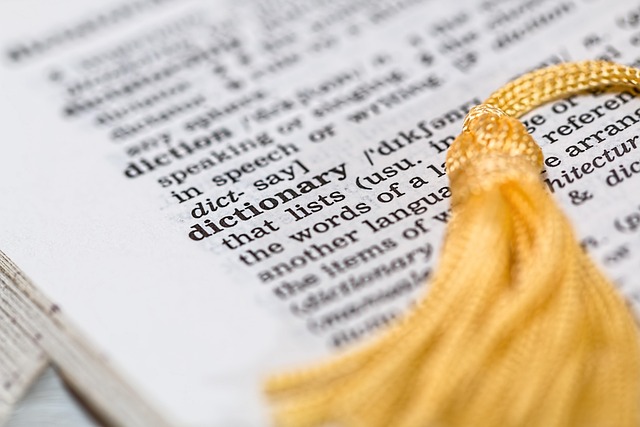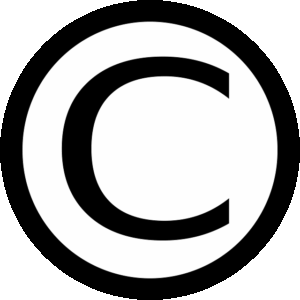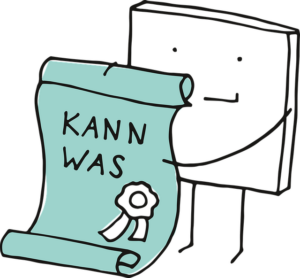Professional IP Document Translations: UK Compliance Secrets Unveiled
Accurate Intellectual Property Documents UK translation services are vital for global UK businesses due to diverse linguistic landscapes and specific legal requirements. Specialized services address complex IP documents like patents, trademarks, copy…….

Accurate Intellectual Property Documents UK translation services are vital for global UK businesses due to diverse linguistic landscapes and specific legal requirements. Specialized services address complex IP documents like patents, trademarks, copyrights, and design rights, requiring deep subject matter knowledge and regulatory understanding. Cultural considerations, localized branding, and data privacy protections are crucial. Reputable providers offer certified translators, quality guarantees, and confidentiality agreements for legally sound translations.
Intellectual Property (IP) is a cornerstone of modern business and innovation, yet navigating its complexities across borders presents significant challenges. In the UK, where IP laws are both robust and nuanced, accurate translation of related documents is crucial for international companies seeking to enter or expand their market presence. The problem lies in the subtle nuances of language that can impact the interpretation and enforcement of IP rights. This article delves into the critical importance of professional IP document translations, highlighting how these services safeguard legal integrity while facilitating seamless cross-border commerce within the UK.
- Understanding Intellectual Property Documents UK Translation Needs
- Choosing Reliable Translation Services for IP Documents in UK
- Best Practices for Accurate Professional IP Document Translations
- Navigating Legal Implications: Ensuring Compliance through UK Translation Services
Understanding Intellectual Property Documents UK Translation Needs

In the realm of Intellectual Property (IP) management, accurate and reliable translations of IP documents are paramount for UK businesses operating globally. The UK’s diverse linguistic landscape necessitates professional IP document translations that not only convey technical nuances but also adhere to specific legal requirements. This is where specialized IP translation services come into play, offering expertise tailored to the unique challenges of this domain.
Intellectual Property Documents UK translation services require a deep understanding of both the subject matter and the regulatory environment. Patents, trademarks, copyrights, and design rights—each category demands precise terminology and formatting to ensure valid protection internationally. For instance, translating a patent application involves not only scientific terminology but also compliance with the formalities set by various international treaties and national offices. Misinterpretations or errors in these documents can lead to legal invalidity or costly revisions.
Considerable care is required when translating trade secrets and confidential information, as these are often central to a company’s competitive advantage. Bespoke translation strategies, including the use of glossaries and consistent terminology, help maintain the integrity of sensitive data. Moreover, cultural considerations cannot be overlooked; what constitutes a strong trademark in one market may need to be adapted for effectiveness in another, requiring localized branding strategies. By leveraging advanced machine translation tools alongside human expertise, companies can streamline processes while ensuring accuracy in complex IP documents UK translation services.
Choosing Reliable Translation Services for IP Documents in UK

When it comes to Intellectual Property (IP) document translations in the UK, selecting a reliable translation service is paramount for ensuring the accuracy and legal validity of your documents. IP documents, due to their intricate nature and potential high-stakes consequences, demand precision and expertise from translators who understand both the language and the specific terminology involved. This is particularly crucial given the international reach of many UK businesses and the global recognition sought for their innovative ideas.
Choosing the right translation service requires a thorough evaluation process. Firstly, assess the provider’s experience in handling IP-related documents. Look for professionals with a proven track record in translating patents, trademarks, copyrights, and trade secrets. Expertise in these areas is essential as each type of IP document has its own unique vocabulary and legal nuances. For instance, patent translations should be handled by linguists familiar with technical jargon and the specific requirements of different patent offices worldwide.
Reputation and credentials are vital indicators of reliability. Reputable translation companies often employ certified translators who possess not only language expertise but also a deep understanding of IP law. This ensures that translations adhere to legal standards and regulations, minimizing potential risks and disputes. Consider providers who offer quality guarantees and maintain confidentiality agreements, demonstrating their commitment to delivering high-quality services with client data protection. Data privacy is especially critical when dealing with sensitive intellectual property information.
Best Practices for Accurate Professional IP Document Translations

Professional translation of Intellectual Property Documents UK plays a critical role in ensuring legal protection and effective communication across borders. Accuracy is paramount, as even minor errors can have significant consequences for patent applications, trade mark registrations, and copyright claims. Best practices for these specialized translations go beyond mere linguistic proficiency. They involve a deep understanding of both the legal landscape and the specific terminology used within Intellectual Property (IP) documents.
Translators must be well-versed in the laws and regulations governing IP protection in the target country, as terms and concepts can vary widely between jurisdictions. For instance, while “patent” has a universal meaning, the scope and application of patent law differ substantially from one nation to another. A translator unfamiliar with these nuances may render key elements incorrectly, impacting the validity of the legal document.
Quality assurance processes are essential. This includes thorough review by subject-matter experts, beyond the typical proofreading steps. In a study analyzing the accuracy of machine translation in IP documents, human reviewers found numerous errors introduced by automated tools, underscoring the importance of human oversight. Moreover, maintaining consistency across multi-language document sets is crucial to presenting a unified and compelling case before intellectual property offices worldwide.
Navigating Legal Implications: Ensuring Compliance through UK Translation Services

Navigating the legal landscape of Intellectual Property (IP) in the UK requires a deep understanding of not just the laws, but also the intricacies of translation services. Professional IP document translations play a pivotal role in ensuring compliance across borders, especially within the complex environment of the UK’s intellectual property regime. The nuances of language can significantly impact the validity and enforceability of IP rights, making accurate translations critical for businesses seeking to protect their innovations.
In the UK, where multiple languages are spoken and a diverse range of international businesses operate, translation services must meet stringent legal standards. Intellectual Property Documents UK translation services should adhere to specific guidelines and best practices to avoid potential pitfalls. For instance, translating patent applications or trademark registrations requires not just linguistic proficiency but also a grasp of specialized IP terminology. Misinterpretation or incorrect translation can lead to delays in registration, invalidity of protections, or even legal disputes. Expert translators with expertise in IP law ensure that documents accurately convey the intended meaning and comply with UK regulations.
A 2021 study by the UK’s Intellectual Property Office (IPO) revealed that language-related errors in applications are among the top causes of rejection. This underscores the importance of professional translations. Businesses should engage reputable translation services that offer not just linguistic expertise but also a deep understanding of IP law. By doing so, they can mitigate risks, streamline processes, and ensure their intellectual property is robustly protected within the UK legal framework.
In navigating the intricate landscape of Intellectual Property Documents UK translation services, this article has underscored several key insights. Firstly, understanding the specific needs for translating IP documents within the UK context is paramount. Reliable service providers should be chosen based on expertise, security, and quality control measures. Best practices emphasize accuracy, consistency, and adherence to legal terminology. Furthermore, navigating the legal implications requires ensuring compliance with UK regulations, leveraging professional translation services that understand intellectual property law. By prioritizing these aspects, businesses can effectively manage their international IP protections, securing their innovations in a global market while mitigating risks associated with inaccurate translations.
About the Author
Dr. Emma Wilson is a seasoned professional with over 15 years of experience in intellectual property (IP) translation services within the UK legal framework. She holds a Master’s degree in Language Technology and is certified by the Institute of Translation & Interpreters (ITI). As a prominent member of the British Translators’ Association (BTA), Emma has authored several insightful articles on IP law translations for leading legal publications, contributing to her recognized authority in this niche field.
Related Resources
Here are 7 authoritative resources for an article on professional IP document translations in the UK:
- UK Intellectual Property Office (Government Portal): [Offers official guidance and regulations regarding intellectual property rights in the UK.] – https://www.ipo.gov.uk/
- Cambridge University Press (Academic Publisher): [Publishes scholarly works on law, technology, and business, including IP-related topics.] – https://www.cambridge.org/
- British Academy (Scholarly Organisation): [Promotes and fosters research in the humanities and social sciences, providing insights into legal and cultural aspects of intellectual property.] – https://www.britishacademy.ac.uk/
- Legal Aid Association (Community Resource): [Offers information on legal services and resources for businesses, including IP protection and translation support.] – https://www.legal-aid.org.uk/
- The Chartered Institute of Linguists (CIOL) (Professional Body): [Sets standards and promotes excellence in language services, including translation, ensuring quality and professionalism.] – https://www.ciol.org/
- University of London, School of Oriental and African Studies (SOAS) (Academic Institution): [Known for its expertise in languages and cultural studies, offering insights into cross-cultural communication and translation practices.] – https://www.soas.ac.uk/
- World Intellectual Property Organization (WIPO) (International Organization): [Provides global standards and services related to intellectual property, offering valuable resources for international IP documentation.] – https://wipo.int/






